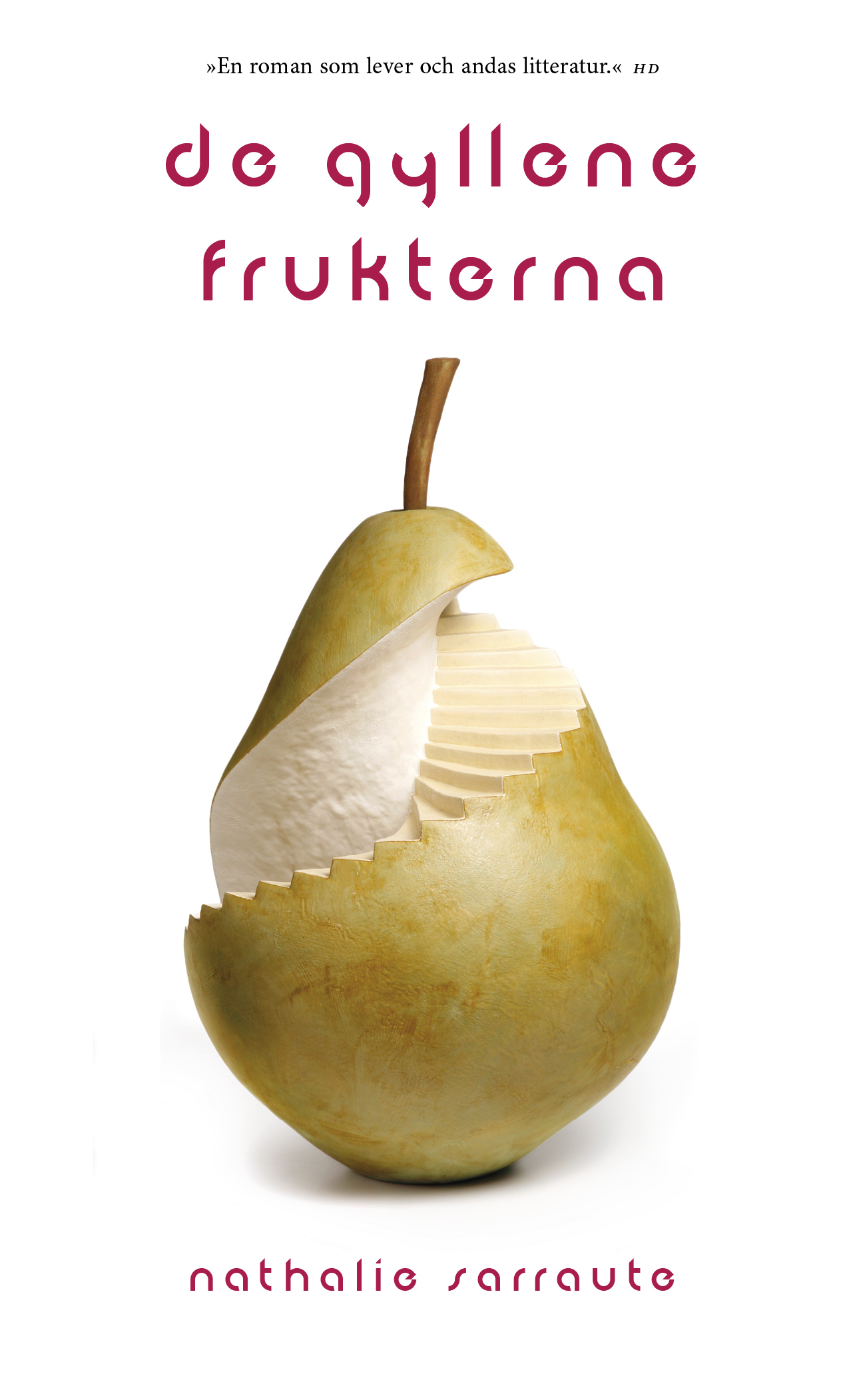What do you think?
Rate this book


149 pages, Paperback
First published January 1, 1963
Huumoria… Raisua huumoria. Kolkkoa. Kolkkoa ja puhdasmielistä yhtä aikaa. Jonkinlaista viattomuutta. Kirkasta. Synkkää. Lävitsetunkevaa. Luottavaista. Hilpeää. Inhimillistä. Armotonta. Kuivaa. Nihkeää. Jäistä. Polttavaa. Hän vie minut epätodelliseen maailmaan. Se on unen aluetta. Sen todellisempaa maailmaa ei ole. Kultaiset hedelmät on kaikkea tätä.
On kahdenlaisia ihmisiä, toiset elivät ennen Kultaisia hedelmiä, toiset tulivat sen jälkeen.